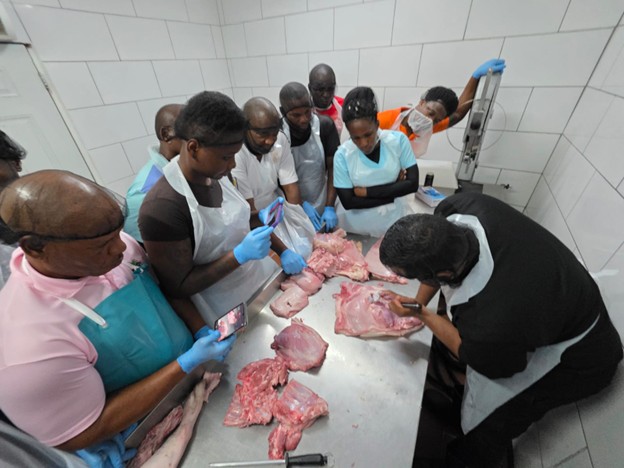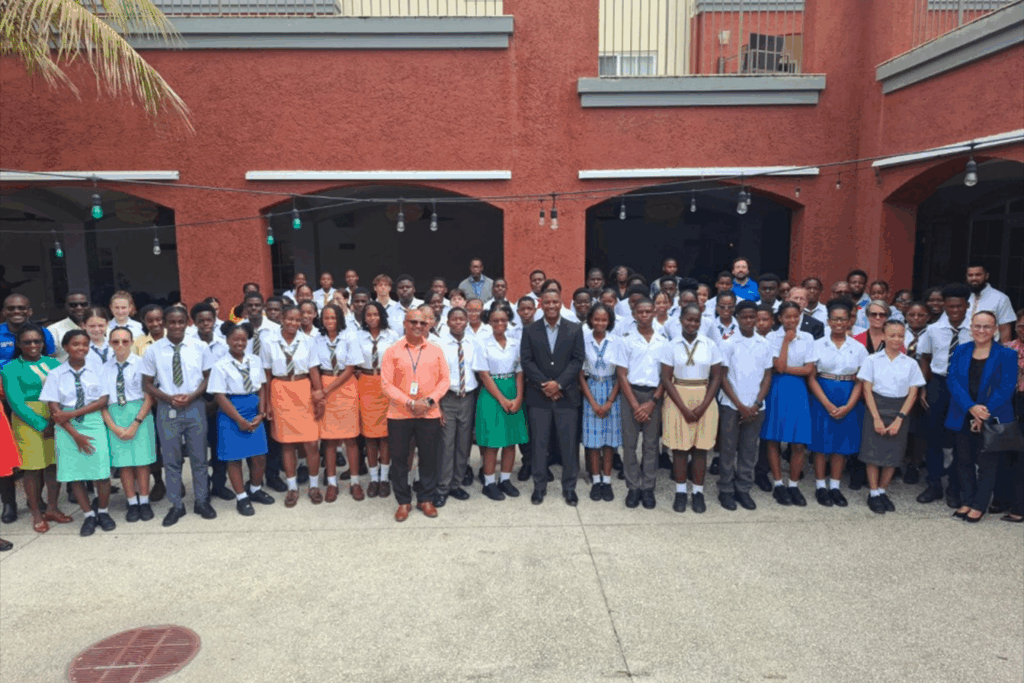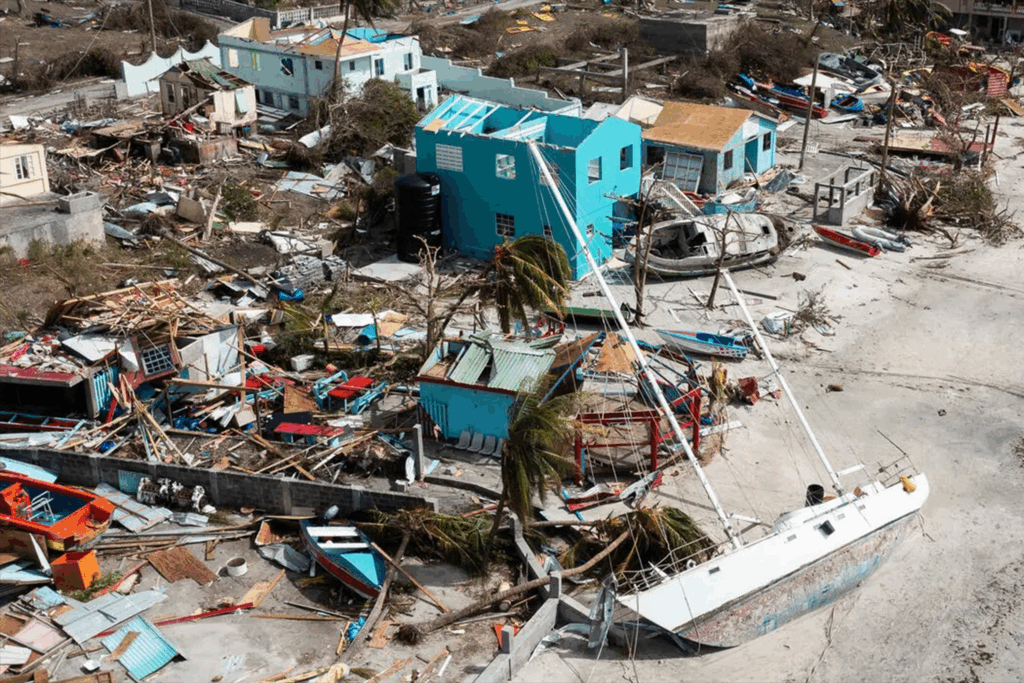The rental market in Antigua has reached a critical juncture, with escalating prices and stagnant wages creating a dire situation for residents. Despite working full-time or juggling multiple jobs, many individuals find themselves unable to afford basic housing. Landlords, capitalizing on the demand, are raising rents without making necessary property improvements, exacerbating the crisis. The lack of government intervention and regulatory oversight has allowed this issue to spiral out of control, with decision-makers seemingly indifferent to the plight of their constituents. The situation is further aggravated by the practice of property hoarding, where multiple homes remain vacant for years, driving up scarcity and prices. The rental market’s focus on expats and short-term renters, who can afford inflated USD prices, has marginalized locals, pushing them into shared or substandard living conditions well into their 30s and 40s. The silence from policymakers is deafening, raising questions about their priorities and commitment to addressing this pressing issue. Urgent reforms are needed, including rent caps, serious regulations of the rental market, and policies to penalize long-term vacancies. Incentives for long-term rentals and measures to disallow short-term rentals in certain areas could help alleviate the crisis. The time for action is now, as the failure to treat housing as a human necessity rather than a profit machine continues to have devastating consequences for the community.
分类: society
-

Local butchers sharpen skills in specialty cuts training
Saint Lucia has taken a significant stride toward modernizing its livestock sector and elevating food safety standards with the successful completion of a three-day Specialty Cuts Training program. Held from August 5 to 7, 2025, the initiative targeted both commercial and roadside butchers across the island, aiming to enhance their skills, improve meat quality, and boost its market value. The training, conducted by A.L. Waaldijk College, focused on critical areas such as proper meat handling, hygiene, and advanced cutting techniques. These efforts not only sought to refine the presentation and quality of meat but also to make it more appealing to local consumers. The program was a collaborative effort led by the Veterinary and Livestock Services Department under the Ministry of Agriculture, Fisheries, Food Security, and Rural Development, with support from the Food and Agriculture Organisation (FAO). Valley Cold Storage provided its facilities for the hands-on sessions, creating a professional environment for participants to hone their craft. Beyond professional development, the initiative demonstrated social responsibility by donating the specialty meat cuts prepared during the training to local humanitarian institutions, including Rosa Place and Cornerstone. Officials from the Veterinary and Livestock Services Department hailed the program as a crucial step toward building technical capacity, improving food quality, and creating economic opportunities within the livestock sector. The ministry reiterated its commitment to advancing Saint Lucia’s livestock value chain through continued innovation, collaboration, and the promotion of best practices that support both food security and social wellbeing.
-

Customs porter charged with drug importation and document offences
A customs porter has been formally charged in connection with the alleged importation of controlled drugs through the Vieux Fort Port in Saint Lucia. Christian Hippolyte faces charges under Section 5(3) of the Drug Prevention and Misuse Act for drug importation and Section 263 of the Criminal Code for uttering a false document. The charges stem from an extensive investigation conducted by the Royal Saint Lucia Police Force’s Gangs, Narcotics and Firearms Unit (GNF) and the Central Intelligence Unit (CIU). This operation is part of a larger intelligence-driven effort to dismantle narcotics trafficking networks exploiting legitimate shipping channels. Hippolyte appeared in court on October 14 and was granted bail totaling $15,000—$10,000 for the drug importation charge and $5,000 for the false document offense. Law enforcement officials emphasized that the investigation is ongoing, with the potential for further arrests as inquiries progress.







